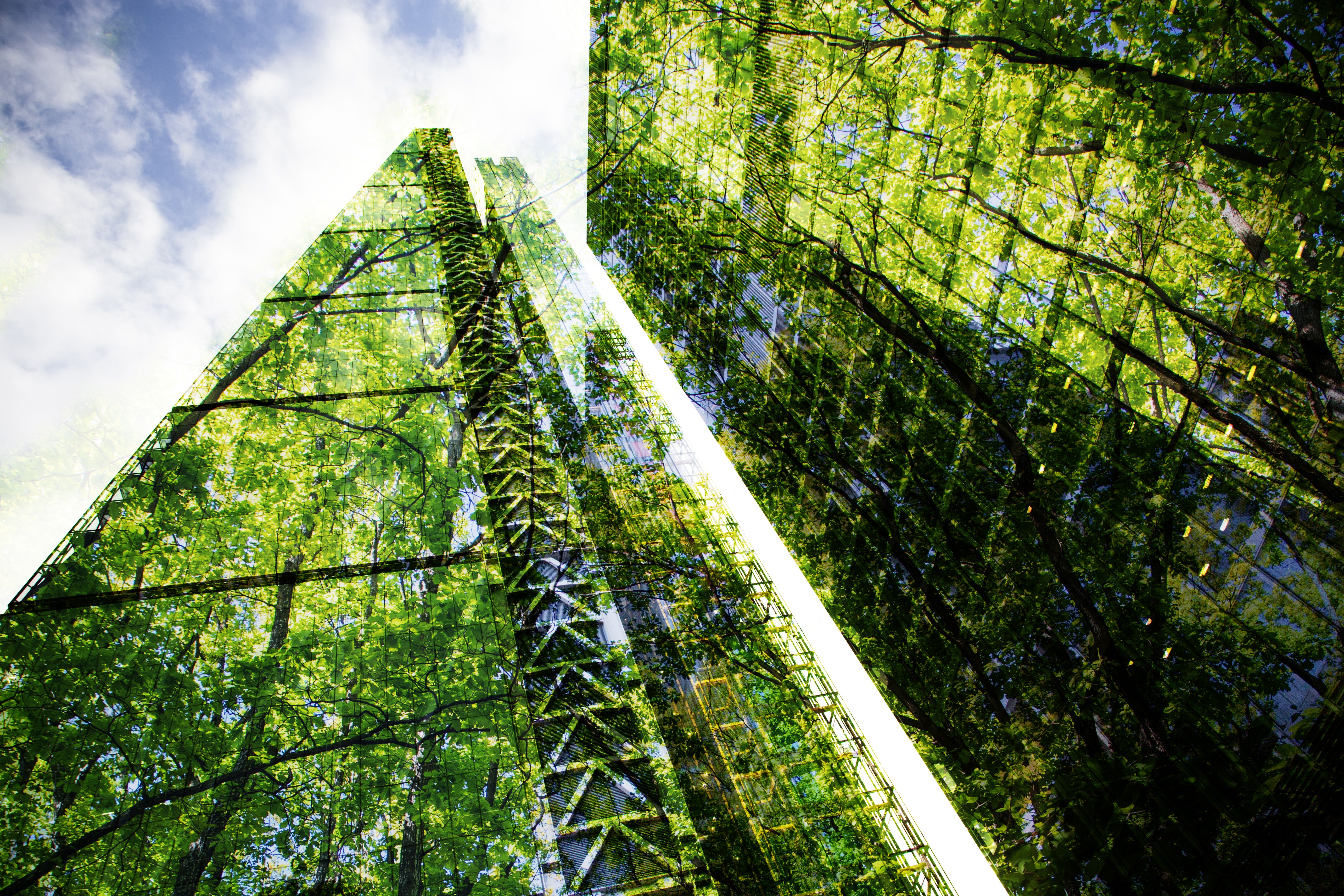The Waste Challenge in the GCC: Why Recycling Infrastructure Can’t Wait
This imbalance between generation and recovery is not sustainable. Landfills consume valuable land, emit greenhouse gases, and undermine national commitments to sustainability and circular economy goals. For a region that has placed environmental transition at the core of its development strategies, particularly under Saudi Vision 2030 and the UAE’s Net Zero 2050 commitments, the gap between ambition and infrastructure capacity is becoming a major concern.
The Cost of Delay
Every year recycling infrastructure lags behind demand, the costs compound. Municipal budgets are stretched by the expense of landfill management, environmental risks increase, and opportunities for resource recovery are lost. A tonne of plastic buried in a landfill is not only a pollution risk but also a missed chance for reprocessing into raw material that could fuel new industries in packaging, textiles, and construction.
Construction and demolition waste, one of the largest waste streams in Saudi Arabia and the UAE, is a prime example. With giga-projects like NEOM, Qiddiya, and Expo 2030 driving unprecedented building activity, waste from concrete, steel, and asphalt is surging. Without robust recycling plants capable of processing these streams, valuable materials are discarded, while the demand for virgin resources continues to rise, a double hit to both the economy and the environment.
Policy Pressure Is Mounting
Governments in the region are fully aware of the challenge and have started setting ambitious diversion targets. Saudi Arabia’s National Waste Management Center (MWAN) has set a goal of diverting 82% of waste from landfills by 2035. The UAE has targeted 75% diversion by 2025. These are not soft ambitions; they are hard metrics tied to national visions, ESG frameworks, and foreign investment expectations.
For companies operating in the GCC, this means compliance is no longer optional. The regulatory push is shifting rapidly, and those who fail to adapt may face higher fees, penalties, or barriers to doing business. At the same time, for investors and innovators, the tightening policy landscape signals opportunity, a chance to be part of a market that is actively demanding recycling capacity, technology, and expertise.
Private Sector: From Observer to Key Player
Historically, waste management in the GCC has been dominated by public-sector contracts and municipal authorities. But the scale of today’s challenge makes it clear that governments cannot close the gap alone. The private sector has a decisive role to play in building recycling plants, investing in new technologies, and creating markets for recycled materials.
Already, signs of this shift are visible. Riyadh’s Public Investment Fund (PIF) has established investments in recycling and waste-to-energy projects. Dubai is home to one of the world’s largest waste-to-energy facilities, designed to process over 1.9 million tonnes of waste annually. Across the region, private equity and industrial firms are beginning to look at recycling not as a social obligation but as a high-growth sector aligned with both economic diversification and sustainability agendas.
The Business Case for Infrastructure Investment
For recycling infrastructure developers, the case is stronger in the Middle East today than at any time before. Rising landfill fees, tightening regulations, and strong government support mean that projects in material recovery facilities (MRFs), plastics reprocessing, construction waste recycling, and waste-to-energy plants all stand on solid ground. Beyond compliance, companies that invest early secure first-mover advantage in supplying recycled feedstock to industries that increasingly face pressure from global buyers demanding greener supply chains.
The GCC’s manufacturing sector, particularly in packaging and building materials, is under growing pressure to adopt recycled inputs. Multinationals and regional champions alike are setting recycling quotas in response to both consumer sentiment and international market standards. Those quotas cannot be met without local supply, a clear market gap that new recycling infrastructure can fill.
Looking Ahead
The reality is clear: without accelerated investment in recycling infrastructure, the GCC risks falling short of its ambitious sustainability targets and losing the opportunity to build a circular economy that creates jobs, conserves resources, and reduces emissions. The challenge is urgent, but the solution is within reach. With policy frameworks in place, mega-project waste streams available for processing, and global technology providers eager to expand in the region, the conditions for transformation are aligned.
For governments, businesses, and investors, the choice is no longer whether to invest in recycling infrastructure, but how fast. The waste challenge in the GCC is here today, and waiting will only make it more expensive tomorrow.



)
)
)
)
)
)
)
)